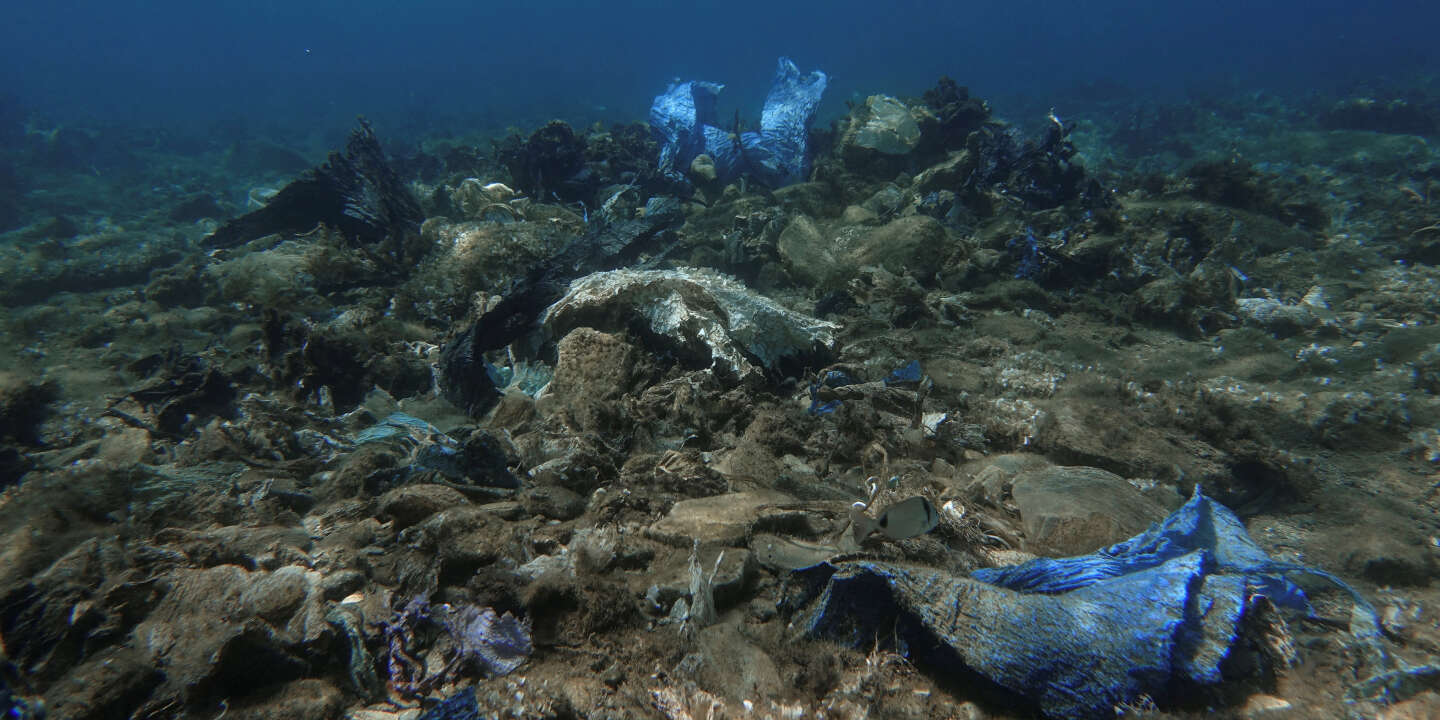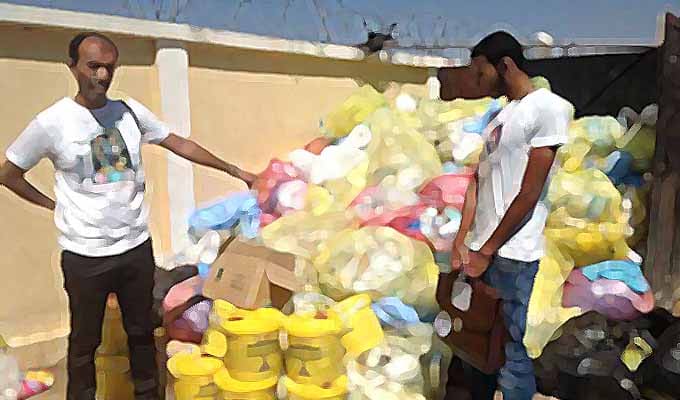Despite the threats humanity poses to its environment, the government delivers speeches that are disconnected from reality and practices a slow-paced approach, criticized a collective of 260 scientists, including climatologist Jean Jouzel, in a column in Le Monde.
Humanity is exerting unsustainable pressures on its environment, particularly on the ocean, which covers three-quarters of our planet’s surface. The list of pressures is extensive: climate change, ocean acidification, deoxygenation, coastal and offshore developments, plastic waste, pollution, and exploitation of mineral or living resources (overfishing).
The resulting adverse effects on nature and human societies will worsen if nothing changes. Two-thirds of predator fish biomass (such as tuna) has disappeared in a century, with over half of this loss occurring in the last forty years. Half of the world’s coral reefs have vanished in 150 years. Since the mid-20th century, hundreds of millions of tons of plastic have accumulated in the ocean. Uncontrolled climate warming would lead to extensive species extinctions, with consequences for entire ecosystems that are difficult to anticipate. In short, nearly all signals regarding the ocean and climate are in the red.
For decades, our community has worked to identify and alert society to the dangers posed by these pressures. Faced with these threats, the French government often recalls the scientific assessment and demonstrates its ambition. The establishment of the citizen convention on climate, an unprecedented democratic exercise, was one of these hopeful moments from on high that seemed to trust the grassroots. These hopes were largely justified given the 149 proposals for concrete measures, and the clarity regarding the nature and severity of our current and future challenges. However, these hopes were ultimately dashed: the president of the Republic did not uphold the commitments made, proposals were ignored or diluted, and the Climate and Resilience Law falls short of both the challenge and the initial commitments.
Public (in)action
In a similar vein, there is mention of ecological planning announced in September 2023, after insistent requests from the High Council for Climate. Six months later, there are no concrete signs of a change in approach, and the presentation of the new multi-year energy planning law in the National Assembly is continually postponed. Thus, we find ourselves in another slow-paced race, contrary to the voluntarism of the initial announcements.
Then there are these « Summits, » showcases of France’s ambition, such as on marine protected area (MPA) policies: leading among nations, France has allegedly surpassed the threshold of 30% coverage of French waters with MPAs. At the same time, its government is battling in Brussels to continue intensive trawling in the majority of these areas. In reality, it has been demonstrated that the proportion of truly protected national waters, with effective biodiversity impact, amounts to only 1.6% (and only 0.04% in metropolitan waters, according to 2021 data).
For years, like many of our fellow citizens, we have observed the disconnect between announcements and public (in)action. Through repeated disappointments, we have grown accustomed to being wary. Therefore, to complete the picture, we will mention some well-known elements that already threaten the grand government plan on plastics: a distant horizon (2040) for the end of single-use plastics; an endless list of exemptions; lack of sanctions for non-compliance; weak concrete actions in favor of sustainable alternatives (bulk sales, deposits); absence of guidance for industrial investments, and more.
Combined tragedies – Enough already…
The growing defensiveness within our community toward political power should surprise no one. Ultimately, it is about applying to politicians certain elementary considerations that govern our professional and personal lives. Trust must be earned and maintained through concrete actions. Concrete actions are urgently needed. There are ample opportunities to right the course, and we will outline three to conclude: reconnecting, with a Climate and Resilience Law 2, to the spirit of the citizen convention for climate, with the ambitions of its measures and the seriousness of its method: involving the population and ensuring social justice in ecological transformation, incorporating scientific assessments and evaluations of the effects of proposed measures; ensuring that French MPAs achieve the high level of protection recommended by the International Union for Conservation of Nature (at least prohibiting industrial fishing).
On June 8, World Oceans Day, France has a symbolic opportunity to work toward real ocean protection, starting with those under its responsibility; reclassifying plastics and including them among hazardous entities (bioaccumulative and toxic pollutants) based on recent research. This reclassification would pave the way for a « plastic » treaty (currently being developed) with real impact.
Some may find the tone of this column irreverent and be surprised by the vigor of the criticisms. Alarmed by our findings, we are keen to prevent our society from the combined tragedies of climate escalation and extensive ecological degradation. As scientists, we believe that refraining from legitimizing discourses disconnected from reality is an ethical responsibility. We remain confident in the momentum that a nation like France could generate toward ecological transformation, making it a professional and civic duty to promote actions such as those listed above.
Ignoring these calls will continue to increase the risks of collective failure for our political leaders in addressing one of humanity’s greatest global challenges. First signatories: Olivier Aumont, oceanographer researcher; Xavier Capet, oceanographer researcher; Julie Deshayes, oceanographer researcher; Jean Jouzel, climatologist; Sara Labrousse, polar ecology researcher; Juliette Mignot, oceanographer researcher; Francesco d’Ovidio, oceanographer researcher; Camille Richon, oceanographer researcher; Jean-Baptiste Sallée, oceanographer researcher; Claire Waelbroeck, paleo-oceanography researcher.



